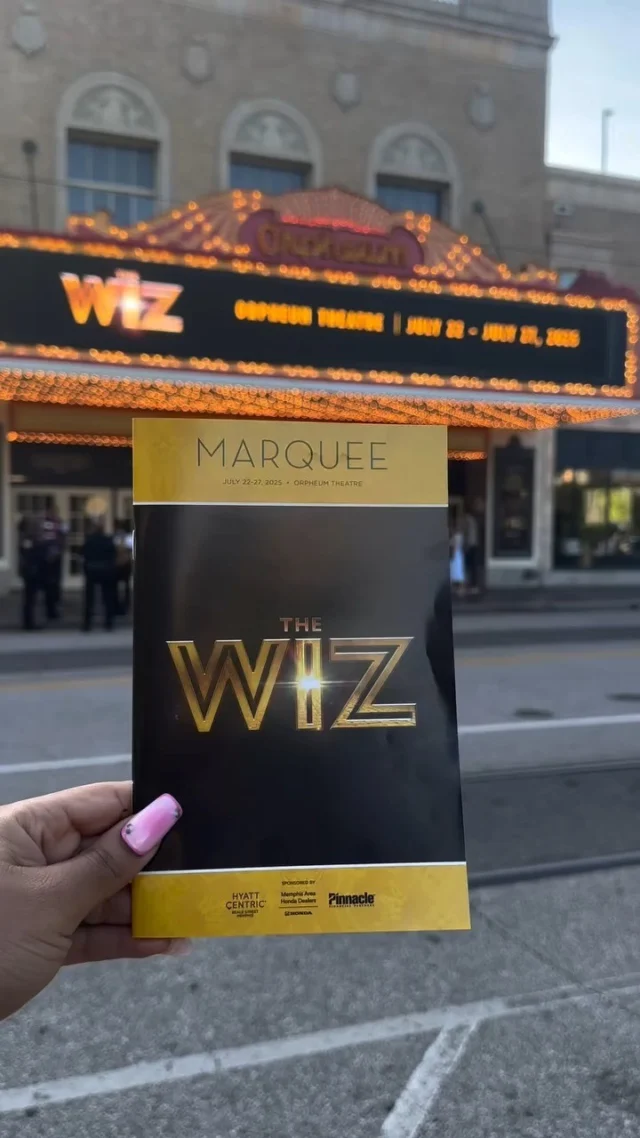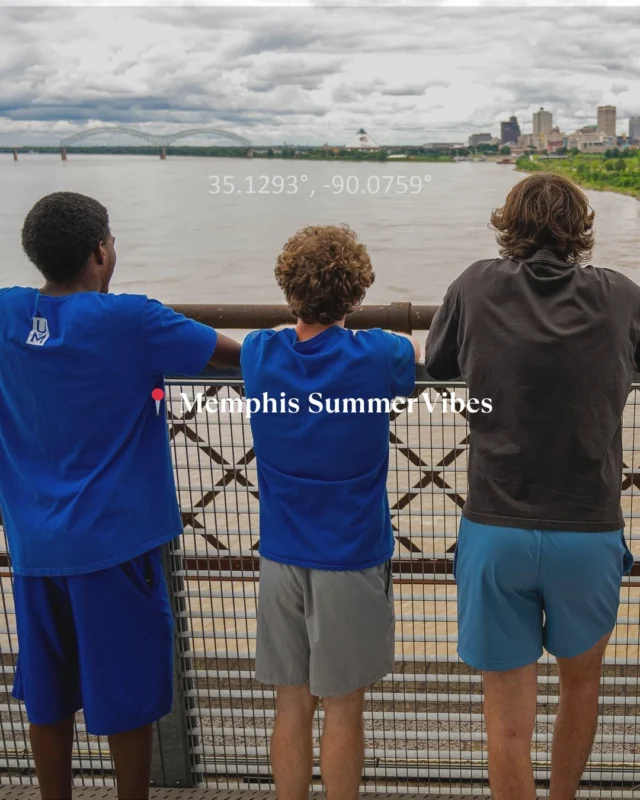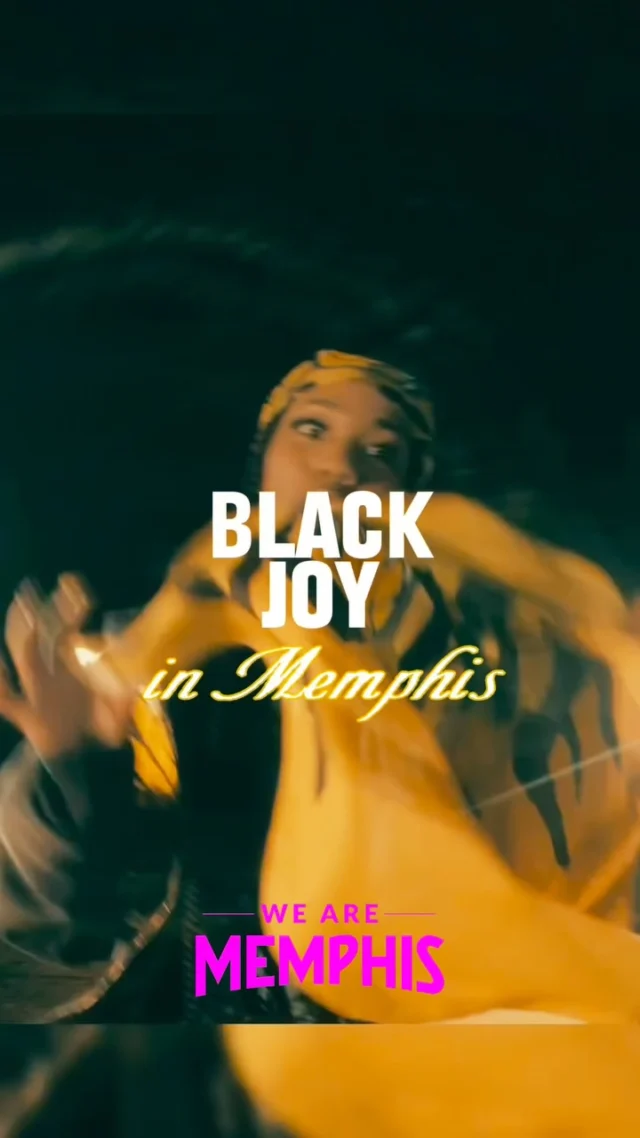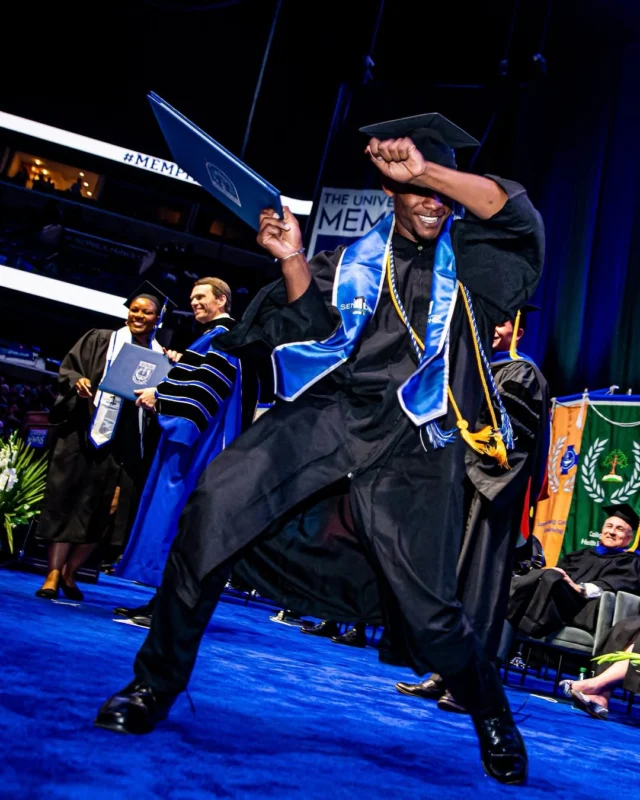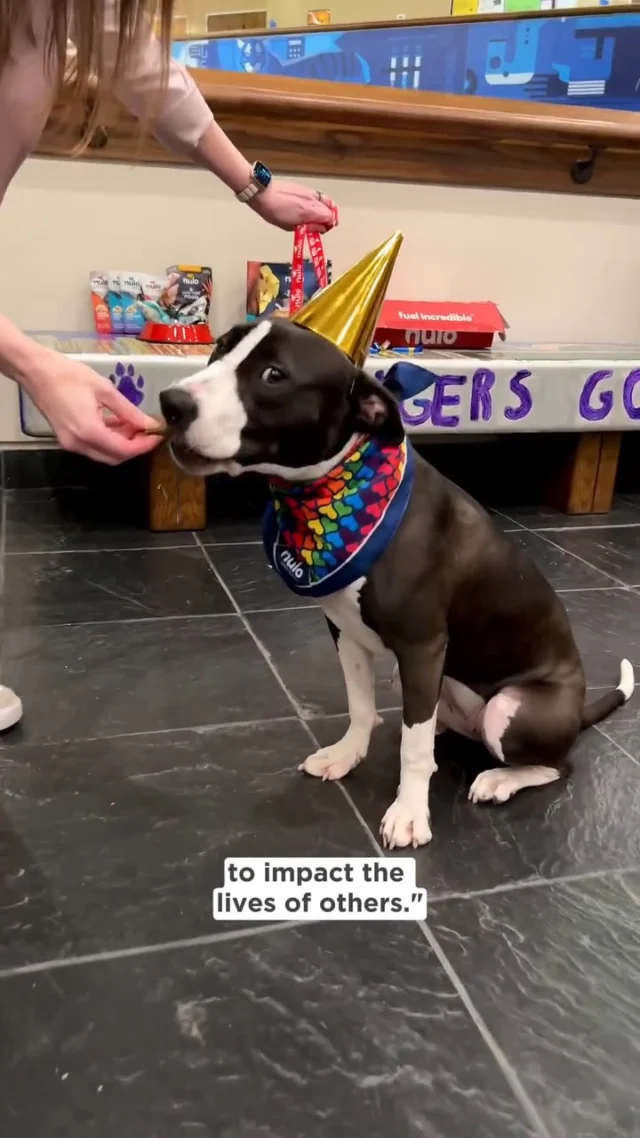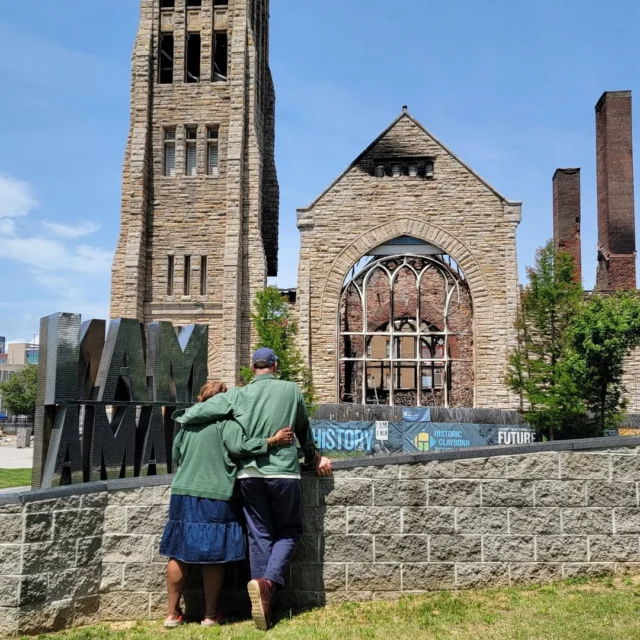By Katie Kelly
If you listen to just the first thirty seconds of Moneybagg Yo’s smash hit “Time Today” you notice
something. From the booming production and twinkling synths to the smooth delivery of Bagg’s
braggadocious verses, everything – and I mean every little thing – comes together perfectly. It’s
the musical equivalence of a completed 1,000 piece jigsaw puzzle where every piece has a
place and more importantly, a purpose.
This is no happy accident. In the same way the puzzle does not just build itself, songs don’t
magically build themselves either. It takes people who, somehow, simultaneously possess both
a grandiose vision and a meticulous ear for detail to transform the rough cuts of songs into the
version we hear on our Spotify. The words good or great do not exist in their vocabulary – in
fact, saying something is “good enough” would probably get you kicked out of their studio.
These creatives strive for perfection and work relentlessly until they achieve it.
Welcome to the world of mixing and engineering.
“They couldn’t get me to leave the studio. I was the intern that wasn’t going to leave until the
lights were turned off that night. Everyone had to leave before I was ready to leave because I
didn’t want to miss anything,” explains mixer/engineer/producer Ari Morris. “I felt like anytime I
was out of the studio I had FOMO. Like, I wasn’t there and Rick Ross came by? What am I
doing not being here? You couldn’t get rid of me. I was at the studio every single day, all day.”
It’s this mentality that’s earned Morris his 65x gold and multi-platinum status and cemented him
as the go-to mixer for some of the biggest names in hip-hop today. He’s worked with artists like
Young Dolph, Future, Key Glock, Lil Durk, Royce da 5’9”, Moneybagg Yo (yea, that’s his work
on “Time Today”), Migos, and GloRilla among MANY others. His work mixing Moneybagg’s
vocals on Mary J. Blige’s Good Morning Gorgeous earned him a Grammy nomination.
If you ask Morris if there’s a so-called science behind his success, you’ll be met with a pause
and then a smirk. “I don’t think I’m good enough to do the same thing twice. I don’t think I’m
good enough at what I do to execute the same thing over and over again,” he says humbly. It’s
clear there is no formula to his talent. It’s innate to Morris, a feeling he has that’s tangible but
unquantifiable. “Art is going to get its wings and find itself and then once it finds itself, it
becomes its own unique thing. So, when people say, ‘I want something to sound like this,’ I
shrug and say ‘ok’ because nothing is going to ever sound exactly the same. At least not with
me. I don’t know that magic trick yet but if someone out there reading this does, teach me it,“ he
laughs.
This sentiment is only further emphasized when you see him at work. From the outside his
studio looks incredibly nondescript, tucked away on a seemingly hidden street in Memphis. But
when you walk in you’re transported to a place where time and reality feel nonexistent and the
only thing that matters is what goes into that mic and out those speakers. Simply put, you get
the feeling that if you’re not here to do real work, you can get the fuck out…respectfully.
“The only way to get ahead in music is to be around,” Morris explains. “If you’re an engineer, the
more you’re in the studio the more things are going to happen. I was taught very early in my
career that every time you walk into a studio it has the potential to change your life that day.”
This grind is partly who Ari naturally is, and partly where Ari’s been. He went to school for
recording engineering and simultaneously started interning at Young Avenue Sound in
Memphis. During this time, he worked for industry heavyweights like Skip McQuinn and Nil
Jones who took him under their wing and showed him the ropes. He quickly worked his way up
from an intern to being the engineer that everyone was calling to work with.
It was then that Morris realized he wasn’t just following a passion, he was building a career. As
in demand as he was at Young Ave, he was equally as sought after outside the studio. The
transition to branching out on his own happened organically and with the support of his mentors.
“I was lucky enough to apprentice under people who wanted to see me grow and wanted to see
me win,” Morris explains. “As my career took flight, I started getting calls to travel and work on
the road, and the people I learned under encouraged it. Once I started moving I didn't stop.”
It was around this time that he began working with a young, local rapper who was starting to
launch their own career. The rapper was Young Dolph. “He just started booking studio time at
Young Ave and I got put on the sessions,” Morris says. “We ended up catching a vibe and
before I was even out of school I was working on records with him.”
When Morris talks about their time working together, you can see why he and Dolph had such a
strong relationship. They both knew exactly what they wanted to create or achieve, but also
agreed there were no rules in doing so. To illustrate this shared mindset, Morris shares a story
about their time working together on King of Memphis.
“He walks in on Saturday and says he wants us to put his debut album together. I was like ‘Sick!
When is it coming out?’ and he’s like ‘It’s coming out on Friday.’ I was like ‘Ok…what songs are
we working on?” and he says, ‘We’re about to do them now my boy.’” Morris remembers
laughing. “We’d leave the studio at 7 in the morning and I’d get a text from him at like 11 a.m.
that he was ready to go back. So, we went back to the studio and worked until 7 a.m. again.
That really showed me there are no rules to art.”
As pivotal as his mentors and this time with Young Dolph was, Morris also credits two other
artists he’s worked with that helped form how he makes music: Macy Gray and Royce da 5’9”.
“Very early in my career getting to watch Macy Gray cut vocals reshaped my entire theory on
recording in general because she did not think in the studio at all, she just did. She just
performs,” Morris recalls. “Then working with Royce, I was like oh wow he never settles. He will
just beat the idea until it’s exactly what he wants it to be.”
In 2019, Ari flew to Detroit to work on Royce’s eighth studio album, The Allegory. The album
earned Royce a Grammy nomination for Best Rap Album, though Morris doesn’t count this as a
personal Grammy nom despite mixing the album in its entirety. “Semantics,” he explains.
“Engineers are not named in genre specific nominations.”
Even though the result of their time together produced a critically acclaimed album, how Morris
even got involved with the project to begin with was rather unconventional. “What’s crazy is that
it was the first job I got from an artist really hating a mix I did,” he states laughing. “I didn’t know
it was a concept album where one song flowed into the next. I was just given this one song; I
didn’t hear any of the other material. The song kind of had a trap beat and I just assumed they
wanted me to trap it the fuck out. So, I did.”
Morris, along with legendary producer Carlos Broady (who he credits as another “great mentor
of mine”), sent the track back to Royce. Then Broady played him the rest of the album. “I
listened to it and I just put my head in my hands knowing Royce is going to hate the mix we just
did. Sure enough, he calls Broady and says, ‘Man this mix is terrible,’” Morris recollects. “The
one thing he didn’t hate was how I mixed his vocals so that got me the job. He flew me out to
Detroit to help work on the rest of the album. To this day it’s one of the coolest weeks I’ve ever
spent in the studio.”
Ari has a million stories like this from his career, but it’s evident that right now he’s more focused
on what’s yet to come. As someone who was part of Memphis rap when it was more fringe and
independent back in the mid-late 2010s, Morris brings a unique perspective to the renaissance
Memphis rap is currently having. “All these records – like 2 Federal, King of Memphis, Glock
Season – that I was lucky to be part of at the beginning of my career have created this thing and
now everyone’s taking this thing and running with it,” Morris says. “It’s almost like we made a
new genre. So many people from the city are a part of that. It’s an amazing collective effort
where we’re all seeing the fruits of our labors now.”
When I ask Morris what he makes of all the new art coming out of Memphis, he instantly lights
up. He tells me that the energy in Memphis now is like the energy of a busy studio. “Coming up
we never wanted the studio to be empty, it was never a good vibe. Any time there was dead
time, we would schedule things because it was better for our creative energy if people were
doing dope things around us. As long as there are people making things, the studio feels alive
and the city of Memphis feels alive right now,” Morris explains. “I drive down the street, I see
people making music videos or having photoshoots and that makes me smile so big because
nothing makes me happier than seeing kids making art.”
As for the art Morris is working on himself, he’s equally as excited but a touch more guarded. He
grins and says coyly that some projects he can tell me about, while others he cannot discuss
yet. “I’m working with an artist named b3cca who’s got some very cool and different stuff coming
out. I’m also working on a really incredible project with (Memphis rapper) RUDY. That’s going to
be something special,” he tells me. The rest of his projects are secrets or, in his words, “not my
story to tell yet.”
Truthfully though, it wouldn’t matter who he was working with as long as he was working. It’s
clear that although he’s proud of the accolades and perks his success has brought him, he’s still
most at home in his studio behind the mixing board. While others in his position might be more
concerned about making Tik-Toks or Instagram posts to grow their own following, Morris is too
busy making…well…music.
“To be seen now is a thing,” he explains. “But to me, an engineer is not supposed to be seen,
they’re supposed to be heard. For years, and to this day, I try to let my work speak for itself. You
want to learn about me? Go listen to the records I did – I leave a little piece of myself in
everything I do.”






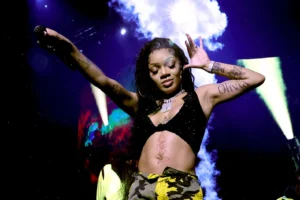






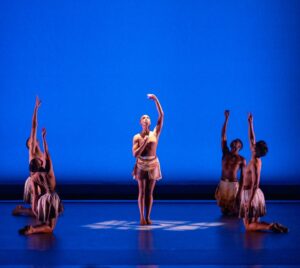


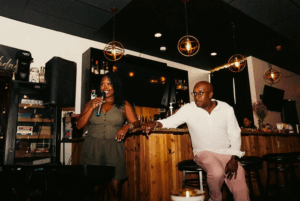






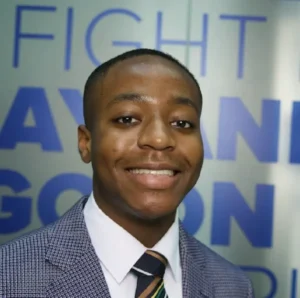


![The countdown is ON, Memphis! We’re officially 30 days out from the @unitememphis 5K + 1-Mile Walk/Run—and this year, we’re stepping into unity on 901 Day 🙌🏽
📍 Monday, September 1 | National Civil Rights Museum
🕘 Start time: 9:01AM
🎶 Food, music & fun to follow
Whether you’re walking or running, this isn’t just a race—it’s a movement. And there’s no better time to join in than now. 👟✨
🎓 COLLEGE STUDENTS: Be one of the first 100 to register using your .edu email with promo code NEXTGENUNITE and your ticket is just $10 (that’s a $32 savings 👀). Limit 2 per person, so tell a friend!
Let’s walk. Let’s run.
Let’s #UniteMemphis 💛
🔗 [link in bio]](https://wearememphis.com/wp-content/uploads/sb-instagram-feed-images/526805187_18335272954206022_6056852028660485499_nfull.webp)
